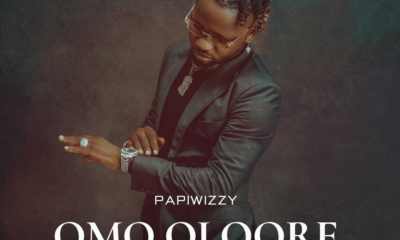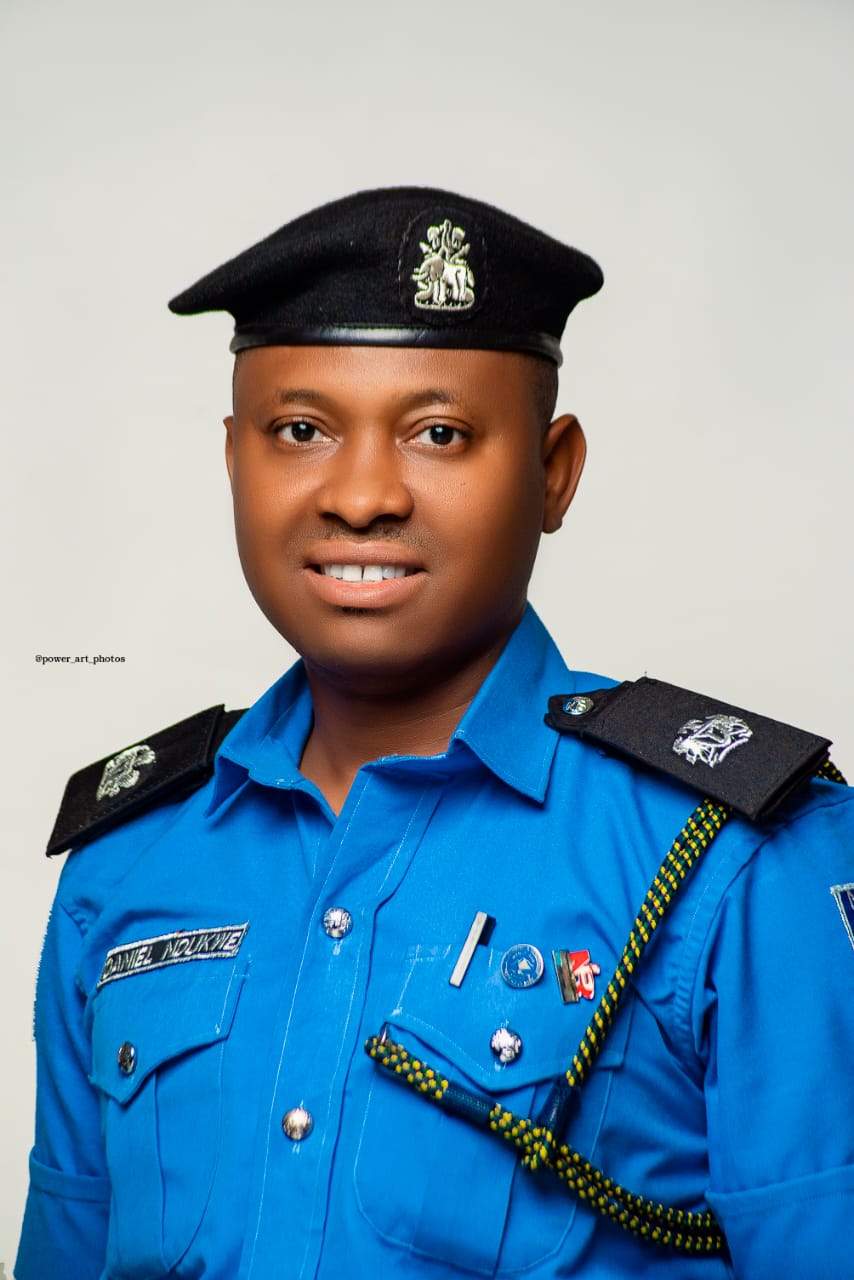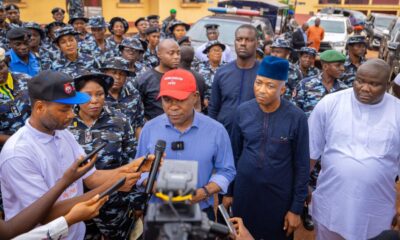Public conversations about policing in Nigeria often focus on misconduct, extortion, and unprofessional behaviour by security operatives. These concerns are genuine and troubling. Yet, an equally important but less discussed issue is the role of citizens in enabling and sustaining such misconduct.
Corruption, particularly bribery, is never a one-sided affair. For every officer who solicits or accepts a bribe, there is usually a citizen who, out of fear, impatience, or convenience, chooses to give it. This shows that while reforms and accountability are necessary within the police institution, citizens must also reflect on and address their own role in this cycle.
Examples are common: drivers who prefer to “settle” at checkpoints rather than pay official fines, face arrests or other penalties. Individuals who pay to skip due process, or bystanders who watch officers collect money without speaking up. Each of these actions reinforces the perception that unethical behaviour pays.
Of course, many citizens feel intimidated when confronted by armed officers, and this reality cannot be ignored. However, over time, the widespread acceptance of “settling” has normalised corruption, making it an informal but entrenched system. Public condemnation in speeches or online contrasts sharply with private compliance in daily encounters, thereby perpetuating the problem.
Police misconduct cannot be eradicated if citizens remain willing participants. Reporting wrongdoing, resisting bribes, and insisting on due process may be inconvenient or even risky, but they are essential first steps toward reform. Complaint mechanisms and accountability units exist, yet they remain underused because many Nigerians choose not to engage them.
There is no excuse for corruption or unprofessional conduct in law enforcement. Officers must be held accountable, and reforms within the police must be strengthened and sustained. At the same time, citizens cannot demand professionalism while actively enabling shortcuts and bribery.
Real and lasting reform will require collective responsibility. The police must embrace transparency and professionalism, while citizens must refuse to be complicit. Only then can Nigeria move towards building a policing system that is trusted, accountable, and effective.
Daniel Ndukwe is an expert in strategic and crisis communication, public relations, security, and development, as well as a writer and public speaker.

 NEWS2 years ago
NEWS2 years ago
 MUSIC4 years ago
MUSIC4 years ago
 MUSIC4 years ago
MUSIC4 years ago
 MUSIC2 years ago
MUSIC2 years ago
























